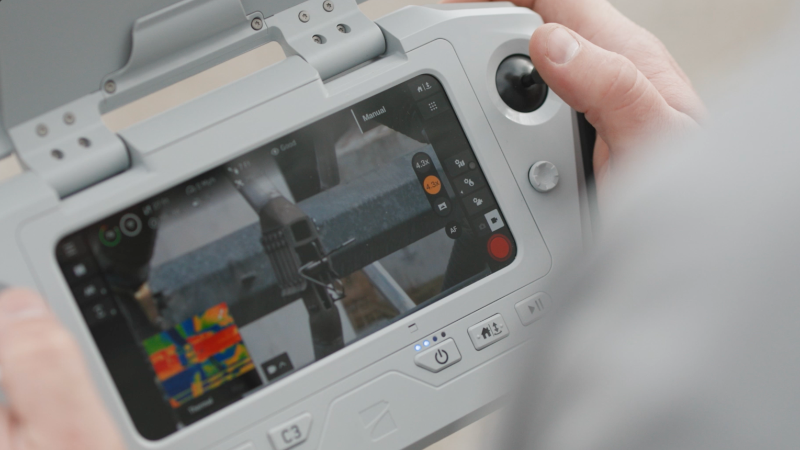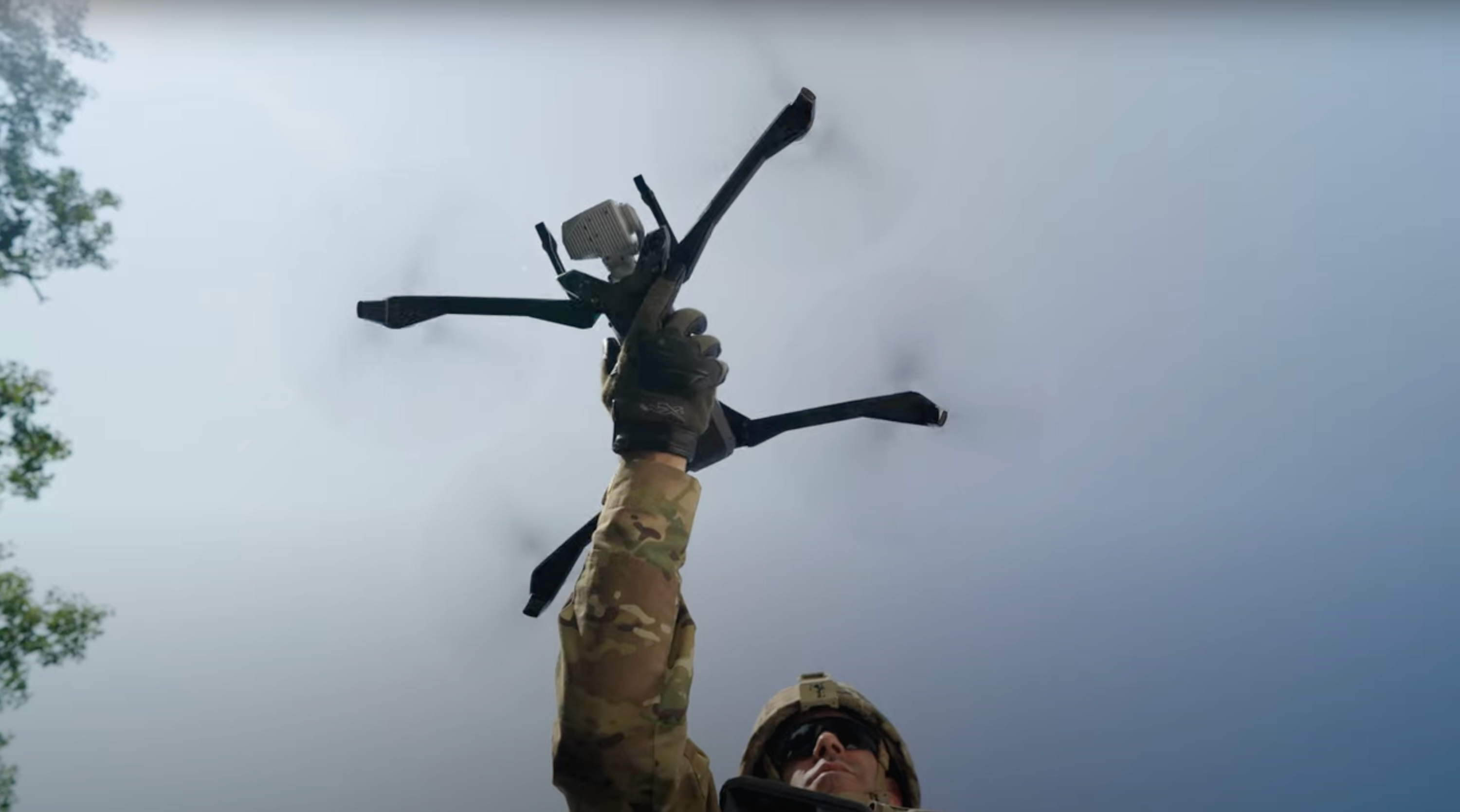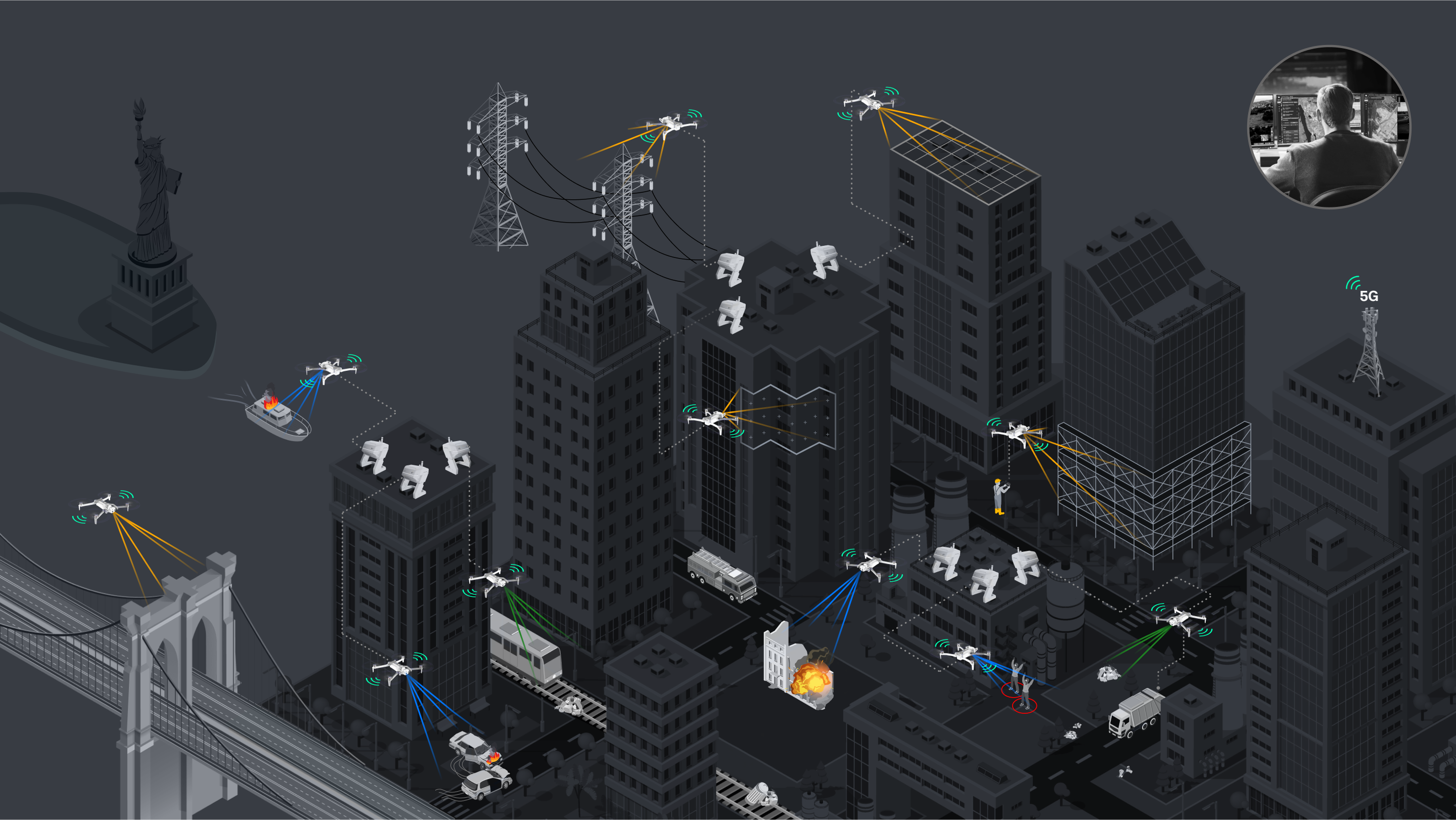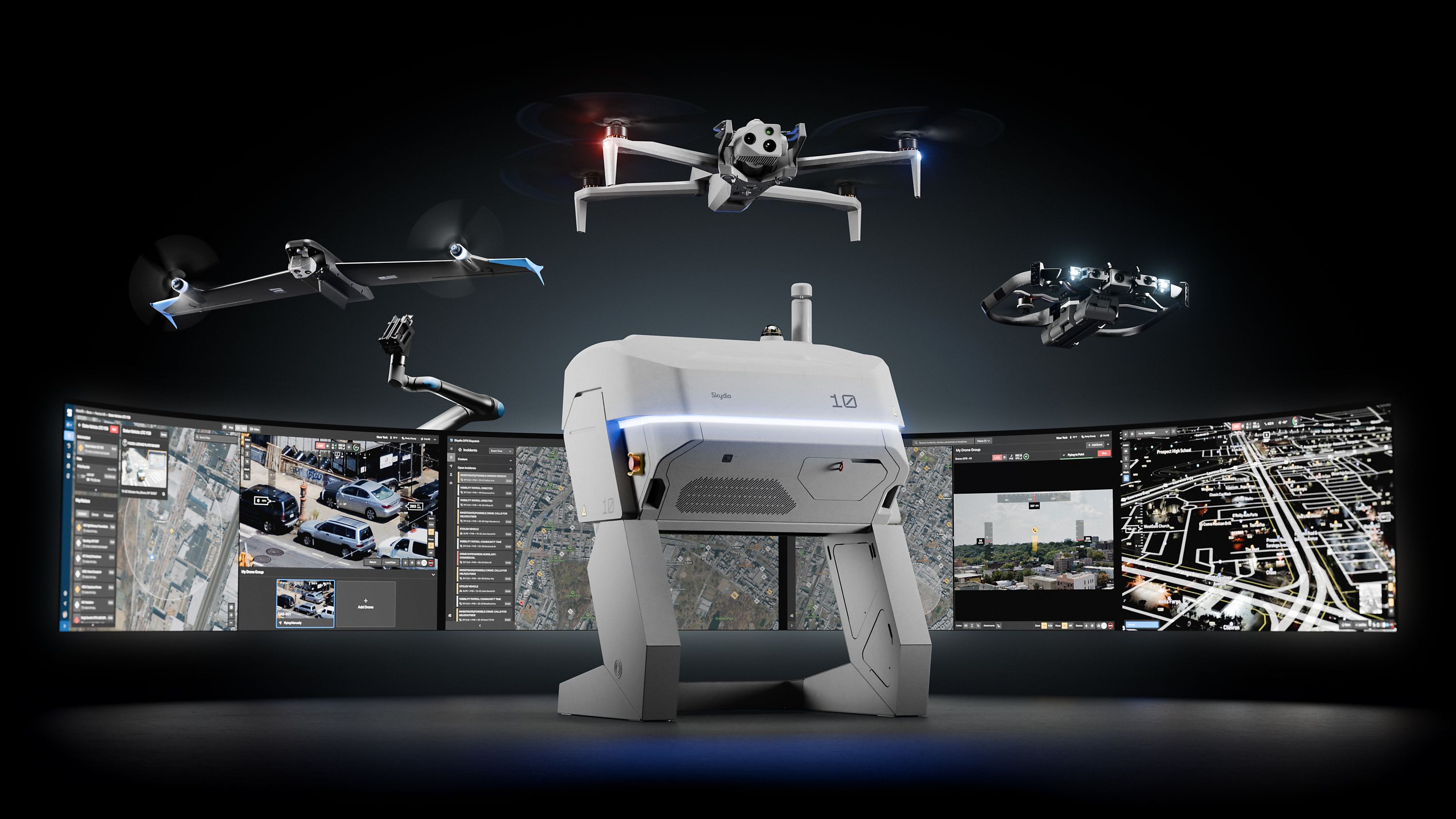Skydio’s Public Safety Commitment to the Responsible Use of Drones
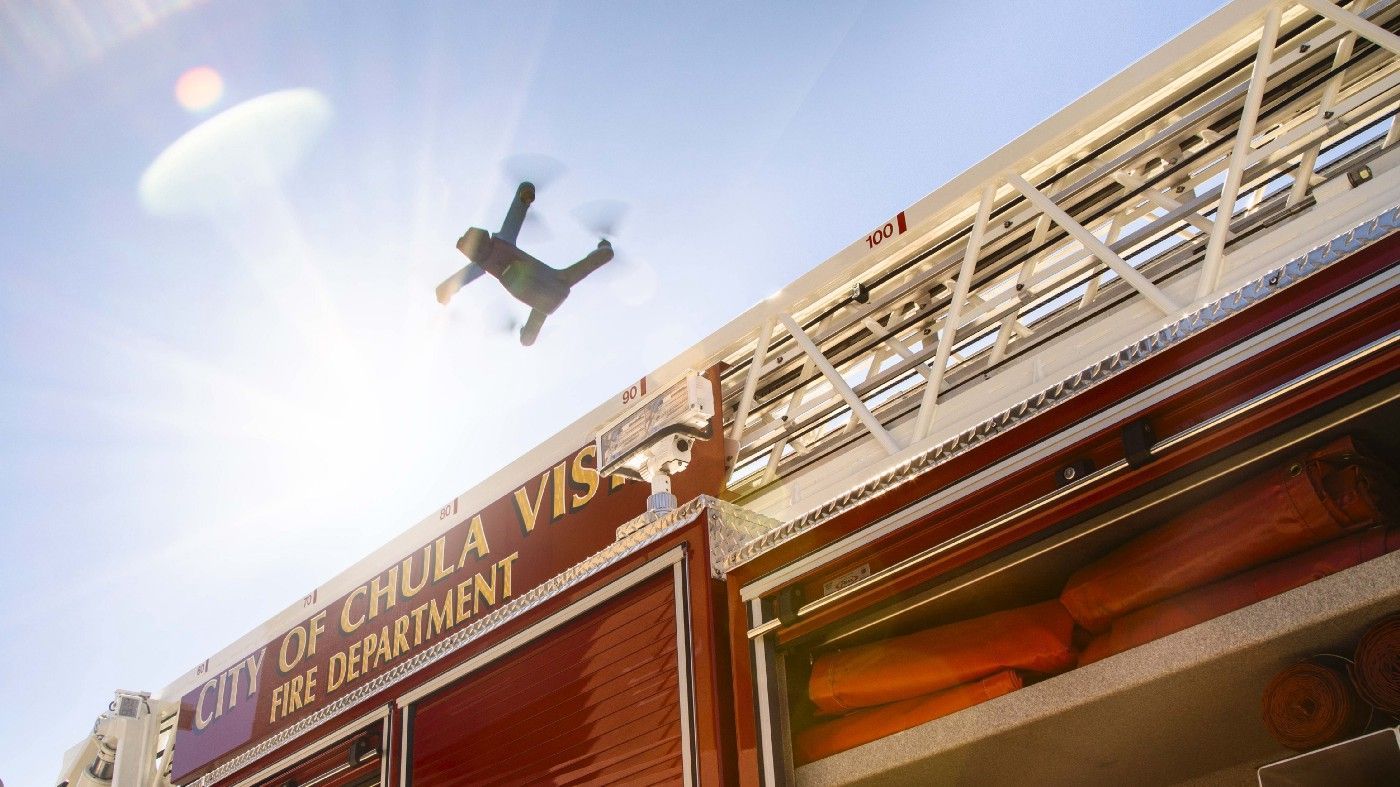
Skydio is excited to support the release of “The Five C’s: Principles for the Responsible Use of Drones by Public Safety Agencies” by DRONERESPONDERS, the leading association focused on first responder drone programs. Our team partnered with DRONERESPONDERS to help develop the principles, which are designed to advance the responsible and effective deployment of drones. In this post, I will highlight the importance of the principles and explain Skydio’s commitment to supporting policies and standards on the responsible use of drone technology.
Building trust: The Skydio engagement and responsible use principles
Our customers rely on Skydio’s autonomous drones to perform complex and difficult tasks that make our society safer and more efficient. First responders trust Skydio drones to fly through dense forests to locate missing hikers and provide tactical overwatch during dangerous situations. State DOTs trust Skydio drones to inspect bridges and other pieces of critical infrastructure, spotting weaknesses and flaws that human eyes may have missed.
We take pride in developing autonomous solutions that earn the trust of our customers. But we know it’s not enough. In order to realize the full potential of unmanned flight, the public must trust the technology, and the way it is used, as much as our customers.
To achieve that objective, we recently released the Skydio Engagement and Responsible Use Principles — a groundbreaking set of policy and ethical principles to guide our work and drive the industry forward. These principles capture our commitment to considering the holistic impact our products will have on communities and countries. They also convey our core values of accountability, transparency, and the protection of privacy and civil liberties. Those values shape everything we do — from product development to customer engagement and everything in between.
These principles are more than words on a page; they are a call to action. To ensure our principles have real-world impact, we are committed to supporting the development of laws, policies, and best practices aligned with our values.
Advancing the responsible use of drones by public safety agencies
Consistent with that commitment, we worked closely with DRONERESPONDERS to develop “The Five Cs: Principles on the Responsible Use of Drones by Public Safety Agencies.” These principles represent a timely and important contribution to public safety drone programs.
Supporting the responsible use of drones by public safety agencies is something that Skydio takes very seriously — and I take very personally. I joined Skydio from the U.S. Department Justice (DOJ), where I served as Associate Deputy Attorney General. In addition to advising the Deputy Attorney General on national security policy, I led DOJ’s drone program across the Department’s law enforcement components. DOJ’s drone program is one of the largest and most sophisticated of its kind. In that role, I supported a first-of-a-kind effort by DOJ’s Community Oriented Policing Services office to convene public safety leaders at the state and local level to develop national best practices on the use of drones.
Those experiences showed me that the most successful drone programs prioritized community engagement and the protection of privacy and civil liberties. Public safety, after all, is a public trust — and trust is always earned, never given. Agencies bear the burden to show that their actions promote safety and liberty. Policies and programs that focus on the former and discount the latter will never earn the trust of a community. That is especially true with respect to emerging technologies like drones.
The principles released today provide a pathway for agencies to demonstrate their commitment to the communities they serve and the liberties we cherish. This effort represents a significant step forward for public safety drone programs in two respects.
First, agencies developing or expanding drone programs have long needed clear guidance that is easy to understand and implement. A variety of organizations have issued lengthy reports and model policies on public safety drone programs, but not all of those materials are user friendly. Officers charged with creating drone programs quickly find themselves swimming in information. It can be difficult to identify with certainty the core ingredients necessary to drive public acceptance and program success. The “Five C’s” deliver much-needed clarity by focusing on five fundamental concepts that every program should embody:
- Community Engagement and Transparency
- Civil Liberties and Privacy Protection
- Common Operating Procedures
- Clear Oversight and Accountability
- Cybersecurity
Each principle surveys a range of relevant guidance and distills the elements critical to success. In that way, the Five C’s serve as a recipe for the relevancy and efficacy of public safety drone programs.
Second, although the principles frequently discuss reports issued by government agencies (like DOJ) and law enforcement associations (like IACP), they also rely on recommendations made by the civil society community, such as the American Civil Liberties Union (ACLU). Other guidance materials recommend consulting civil society organizations before starting a drone program, but that’s typically where it ends. The vast majority of guidance documents do not analyze materials prepared by civil society organizations. The “Five C’s” go deeper, reviewing key guidance from the civil society community and recommending tangible action. That approach enables first responders to build programs designed from the ground up to protect privacy and safeguard civil liberties — while proactively addressing concerns that members of the public and civil society organizations may raise.
Going forward, we are committed to ensuring that the Five C’s are more than words on a page. Skydio will encourage our public safety customers to adopt the principles. We will also incorporate the Five C’s into our training and customer support processes. And we will energetically support DRONERESPONDERS’ work to promote adoption of the principles around the country and the world.

